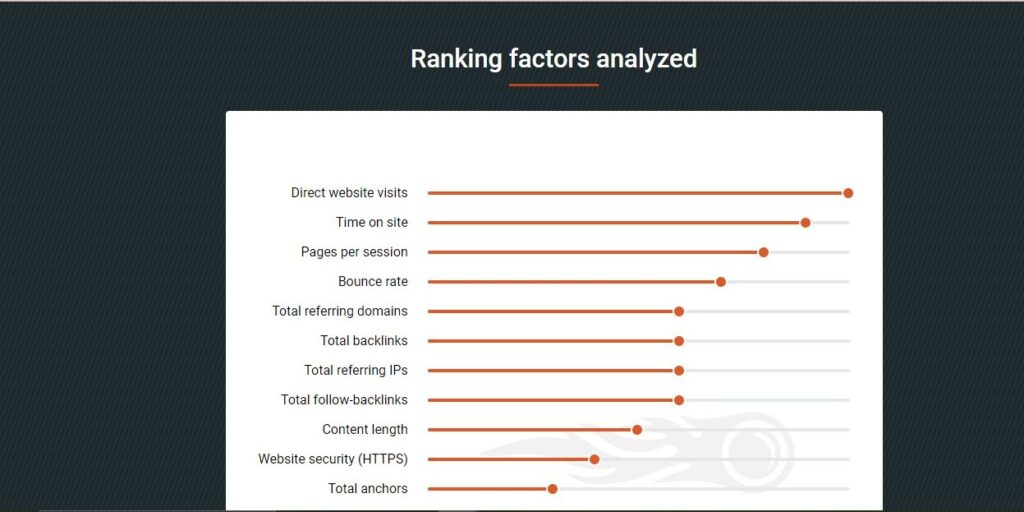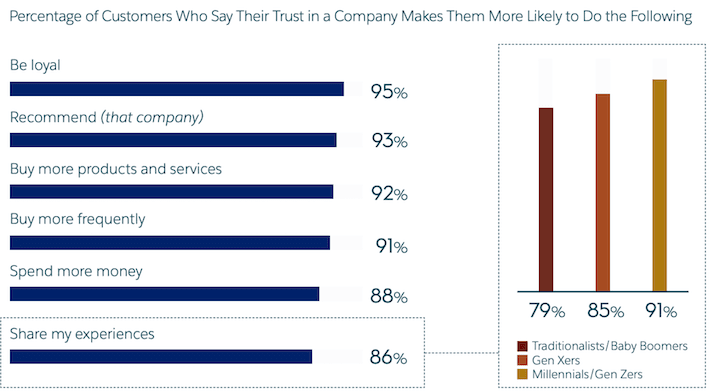In content marketing, particularly blogging, much emphasis has been laid on the significance of valuable and quality content. But how do you, as a business, ensure your content is quality and valuable? There are many strategies to consider, one of them being author authority.

There is a lot of debate concerning the impact of author authority on search engine optimization (SEO). Much of the debate is inclined toward the verdict that author authority does not directly impact SEO ranking.
This verdict stems from the fact that Google and other search engines have never indicated that the authoritativeness and expertise of authors directly influence rankings on the search engine results page (SERPs).
Does that mean you should ignore author authority when generating and publishing content?
As the article will prove, the influence of author authority on ranking is debatable based on the idea that search engines do not use it as a parameter. However, it is essential to establish in advance that the authority of authors matters and should be critically considered to boost the performance of your website.
What is Author Authority?
Author authority involves elements of reputation, trustworthiness, credibility, and expertise of the author of a website or particular content.
The determining factors of author authority that users and search engines constantly rely on include the author’s industry affiliations and publications, social media presence and engagement with their audiences, influence and reputation within the particular industry, relevance and quality of the author’s content, and the author’s knowledge and level of expertise.
In a world filled with misinformation, it would be detrimental to ignore the concept of author authority since it forms a great part of what leads to the development of trust among readers.
Users also want to distinguish credible from fake information quickly, making it essential to establish author authority early on in the content.
Scenario
Imagine you have a minor symptom, such as a persistent mild headache and are interested in knowing what it could be indicating before deciding whether it is worth consulting a doctor.
As is common in the contemporary world, you rush to Google and type in your symptom, and there are different articles about it on the SERPs.
You click and read through different articles and find conflicting information about your symptom, causing you to start checking the authoritativeness and reputation of the authors of the content.
Who are you going to believe? An article written by a medical professional with years of experience as indicated in the author’s bio or one written by a random content writer with no description of their authoritativeness?
Author Authority as a Ranking Factor
The concept of author authority and its relationship to SEO has existed for many years, with some arguing that the idea dates back to 2009. This is when Google received the agent rank patent that concerned the significance of authorship in SEO.
However, due to inconsistencies in websites’ adherence to the guideline requiring them to disclose the credibility and authoritativeness of their authors, the importance of author authority declined over the years.
Since then, Google insists that it does not use author authority as a ranking factor, an aspect that can lead to the assumption that the concept does not matter even when it does.
For instance, Google and search engines, in general, constantly update their algorithms, with the latest trend being the use of Search Quality Raters Guidelines. One of the guidelines is the association of low content creator score with low-quality score.
Despite Google’s insistence that such parameters have no impact on query results, the quality rater guidelines and users still care about the relevance, credibility, and authority of the author of any piece of information.
Since your goal is to attract more clicks from users and build trust and loyalty, you should rely on expert authors and identify them in the content you publish.
Impact of Author Authority on Direct Traffic
Direct traffic is a factor considered the most influential in increasing your ranking. It refers to when users visit your website repeatedly in search of information based on the perceived credibility and authoritativeness of your content.
Direct traffic signals Google that a domain or your website has high value and authority, causing its crawlers to show it to more users during search queries. Therefore, you will have improved your SEO.

Further, one of the latest SEO trends in 2023 includes first-hand experience on a topic based on Google’s experience, Expertise, Authority, and Trust guidelines, commonly identified using the E-EAT acronym.
It is a strategy used by search engines to evaluate your content by matching your experience to the nature of content you generate.
The transition to E-EAT is associated with the proliferation of SEO content creation, with search engines fighting to ensure that the content generated is audience targeted as opposed to the common practice of traffic-targeted content.
Therefore, generating content is no longer about keywords only but also the benefit to users.
Impact on Audience Engagement
From the initial scenario presented, it is logical to argue that author authority does not have a direct impact on ranking. However, it directly impacts user engagement by determining bounce rates and exit rates.
In as much as generating traffic is a key component of generating and publishing content, it is also critical to generate audience-targeted content.
According to data presented by Statista, there are 5.18 billion internet users globally. A significant number of this population use the internet to seek information on diverse topics.
As a result, you want to establish yourself as an authoritative voice in the topic you choose to address. This means relying on your own expertise or that of others to generate credible and useful information that can benefit those who seek it.
Without such authority, users are likely to ignore the information you provide and use that which they are certain addresses their issue at an expert level.
It is only after establishing this factor that they will engage further with your content by clicking on related links to seek additional information about the topic.
Impact on User Loyalty and Trust
It is also possible to gain more from author authority because increased engagements are likely to generate leads and increase sales, among other marketing goals.

Another key objective of creating and publishing content should be to develop user trust and loyalty, which will cause users to keep coming back to your website for other information if they find it valuable and authoritative.
Customer or user trust and loyalty are essential for SEO ranking because, as already mentioned, it shows search engines that the information you are providing is valuable and useful.
At the same time, customer trust and loyalty build your brand by increasing engagement and conversions, as the graphic above shows.
Impact on Usefulness of Information
Users want quality and valuable information that they can benefit from for them to trust your content and become loyal visitors to your site. It is important to consider that the information you publish in the form of content can either benefit or harm users.
For example, without experience and expertise in the medical field, recommending a remedy for the mild headache symptom presented in the scenario above can exacerbate or benefit the affected individual.
Simply put, it is only through expertise and experience in a field that the author of the information will be able to filter flawed from accurate information. This zeroes back to the idea of focusing on audience-targeted as opposed to traffic-targeted content.
Therefore, when planning the content to publish on your website, you should consider your expertise and authoritativeness, then research the topics around it that audiences are searching for to ensure the information you provide is useful.
Impact on SERPs
As you are aware, artificial intelligence and other forms of technological advancements have taken the digital marketing and content creation world by storm. As a result, Google wants to preserve the idea of ranking content produced for real audiences by real people instead of promoting auto-generated content ranking on SERPs.
Hence, as a business or website owner, you should ensure that the people creating the content you publish are indeed experts.
After that, you have the options of linking the social media accounts of your creators, developing author pages, and including author bios to allow search engines to better understand the credibility of the authors and rank the content.
All these add to the experience of the author, which impacts their credibility and the usefulness of the content published on your website.
Therefore, Does Author Authority Impact SEO Ranking?
At face level, author authority has a small to no impact on SEO ranking. This is true when you consider the arguments presented by search engines, such as Google, claiming that they rarely use author authority to rank content on search results.
Nonetheless, based on the dynamics presented in this article, author authority matters. It leads to the generation of content that displays the depth of knowledge about the topic, making the information presented useful to those who consume it.
The display of depth of knowledge is only possible if the creator of the content is experienced and has an authoritative voice.
Through author authority, you can also ensure that the content published is a key or primary subject area of your website, making it appropriate for the target audience. This translates to audience-targeted rather than traffic-targeted content, which is a new SEO trend that helps search engines rank your content.
The goal is to create content for humans, not search engines. Creating content for humans means paying attention to quality instead of quantity, as well as checking search queries to see what people are looking for and providing the needed answers using your expertise and experience.
Conclusion
As more people become aware of the increasing rates of misinformation and the associated harm, it is vital to establish your content as authoritative and credible for people to find it useful.
Search engines may not consider the authority of the authors who create the content you publish on your website, as presented in certain arguments. However, the direct traffic your content generates, and the resulting customer trust and loyalty, will boost your ranking.
Hence, establishing author authority does not have to be an adherence to a search engine guidelines. Rather, it should stem from the need to provide useful and valuable audience-targeted information that has an indirect influence on your website’s performance.

